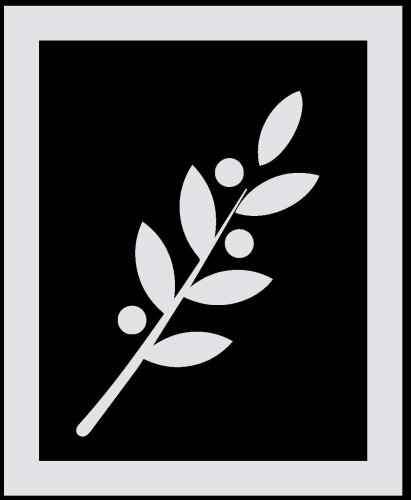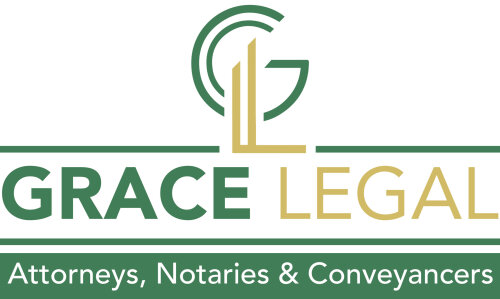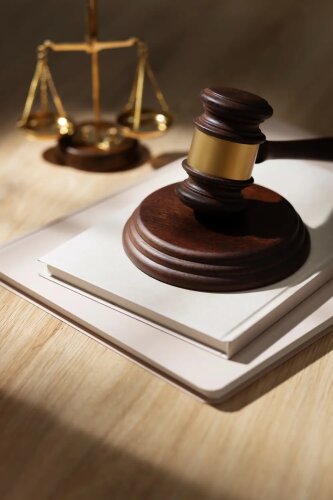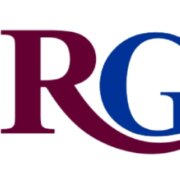Best General Litigation Lawyers in Gaborone
Share your needs with us, get contacted by law firms.
Free. Takes 2 min.
List of the best lawyers in Gaborone, Botswana
About Litigation Law in Gaborone, Botswana
Litigation law in Gaborone, Botswana, involves the process through which disputes are resolved in court. This can range from civil litigation, where parties seek financial compensation or other remedies, to criminal litigation, which deals with crimes and legal punishments. Gaborone, being the capital city, has several courts including the High Court, Magistrate Courts, and specialized tribunals that handle a wide array of legal disputes. The legal system in Botswana is based on a combination of Roman-Dutch law and customary law, offering a diverse legal landscape for litigants.
Why You May Need a Lawyer
Engaging a lawyer can be crucial in various situations, including:
Civil Disputes: In cases such as breach of contract, property disputes, family matters, and personal injury claims, a lawyer can provide crucial representation and advice.
Criminal Charges: If you are accused of a crime, having a competent lawyer is essential to navigate the complexities of criminal law and to ensure a fair trial.
Employment Issues: Disputes with employers, wrongful termination, or issues concerning salaries and benefits often require expert legal intervention.
Commercial Litigation: Businesses may need litigation lawyers for issues like business disputes, intellectual property rights, and contract enforcement.
Local Laws Overview
Understanding local laws is vital for anyone engaging in litigation in Gaborone. Key aspects include:
Statutes and Regulations: Botswana's legal framework includes various statutes and regulations that govern civil and criminal cases. These are periodically updated and it's important to be aware of the latest legal provisions.
Precedents: Common law principles and judicial precedents play a significant role in litigation, providing context and guidance for interpreting statutes.
Customary Law: Customary law also holds significant influence, especially in civil matters relating to property and family law. Courts may take customary practices into account when delivering judgments.
Filing and Procedural Rules: The rules governing the filing of cases, submission of evidence, and court procedures are well-defined and must be strictly adhered to for a successful litigation process.
Frequently Asked Questions
1. What is the first step in filing a lawsuit in Gaborone?
The first step is to consult with a lawyer to determine the merits of your case. The lawyer will then draft and file the necessary documents in court.
2. How long does a typical litigation process take in Botswana?
The duration of litigation varies, but civil cases can take several months to years, whereas criminal cases depend on their complexity and the court's schedule.
3. Can I represent myself in a court of law in Gaborone?
While individuals are legally permitted to represent themselves, it is generally advisable to hire a lawyer due to the complexities and nuances of legal procedures.
4. What costs are involved in hiring a litigation lawyer?
The costs can vary widely depending on the lawyer's experience, the complexity of the case, and other factors. It is advisable to discuss fees upfront during the initial consultation.
5. Are there alternative dispute resolution options available?
Yes, mediation and arbitration are two common forms of alternative dispute resolution that may be less time-consuming and more cost-effective than traditional litigation.
6. What should I bring to my first meeting with a lawyer?
You should bring all relevant documents, such as contracts, correspondence, and any other evidence related to your case to help the lawyer understand your situation fully.
7. How are judgments enforced in Botswana?
Once a judgment is made, enforcement can be done through various legal means such as garnishment of wages, attachment of property, or other legal enforcement mechanisms as dictated by the court.
8. What happens if I lose my case?
If you lose your case, you may have the option to appeal the decision to a higher court. Your lawyer can provide guidance on the feasibility and process of an appeal.
9. Are court proceedings public in Botswana?
Generally, court proceedings are public. However, certain cases, such as those involving minors or sensitive family matters, may be closed to the public.
10. What are the common defenses in a civil litigation case?
Common defenses may include lack of jurisdiction, failure to state a cause of action, statute of limitations, and proving the plaintiff's claim as unfounded.
Additional Resources
For further guidance, you may consider reaching out to the following resources:
Botswana Law Society: The regulatory body for lawyers in Botswana, providing resources and directories of legal professionals.
Ministry of Justice: Offers various services and information on legal procedures and access to justice.
Legal Aid Botswana: Provides legal assistance to individuals who cannot afford it, ensuring access to legal services for all citizens.
Next Steps
If you need legal assistance in litigation, here are some steps to follow:
Consult a Lawyer: Reach out to a qualified litigation lawyer to discuss your case in detail.
Document Preparation: Gather all relevant documents and evidence that will support your case.
File Your Case: Work with your lawyer to draft and file the necessary legal documents in the appropriate court.
Follow Legal Advice: Adhere strictly to the legal advice provided by your lawyer to enhance your chances of a successful outcome.
Remember, legal processes can be complex, and professional guidance is essential to navigate them effectively.
Lawzana helps you find the best lawyers and law firms in Gaborone through a curated and pre-screened list of qualified legal professionals. Our platform offers rankings and detailed profiles of attorneys and law firms, allowing you to compare based on practice areas, including General Litigation, experience, and client feedback.
Each profile includes a description of the firm's areas of practice, client reviews, team members and partners, year of establishment, spoken languages, office locations, contact information, social media presence, and any published articles or resources. Most firms on our platform speak English and are experienced in both local and international legal matters.
Get a quote from top-rated law firms in Gaborone, Botswana — quickly, securely, and without unnecessary hassle.
Disclaimer:
The information provided on this page is for general informational purposes only and does not constitute legal advice. While we strive to ensure the accuracy and relevance of the content, legal information may change over time, and interpretations of the law can vary. You should always consult with a qualified legal professional for advice specific to your situation.
We disclaim all liability for actions taken or not taken based on the content of this page. If you believe any information is incorrect or outdated, please contact us, and we will review and update it where appropriate.















